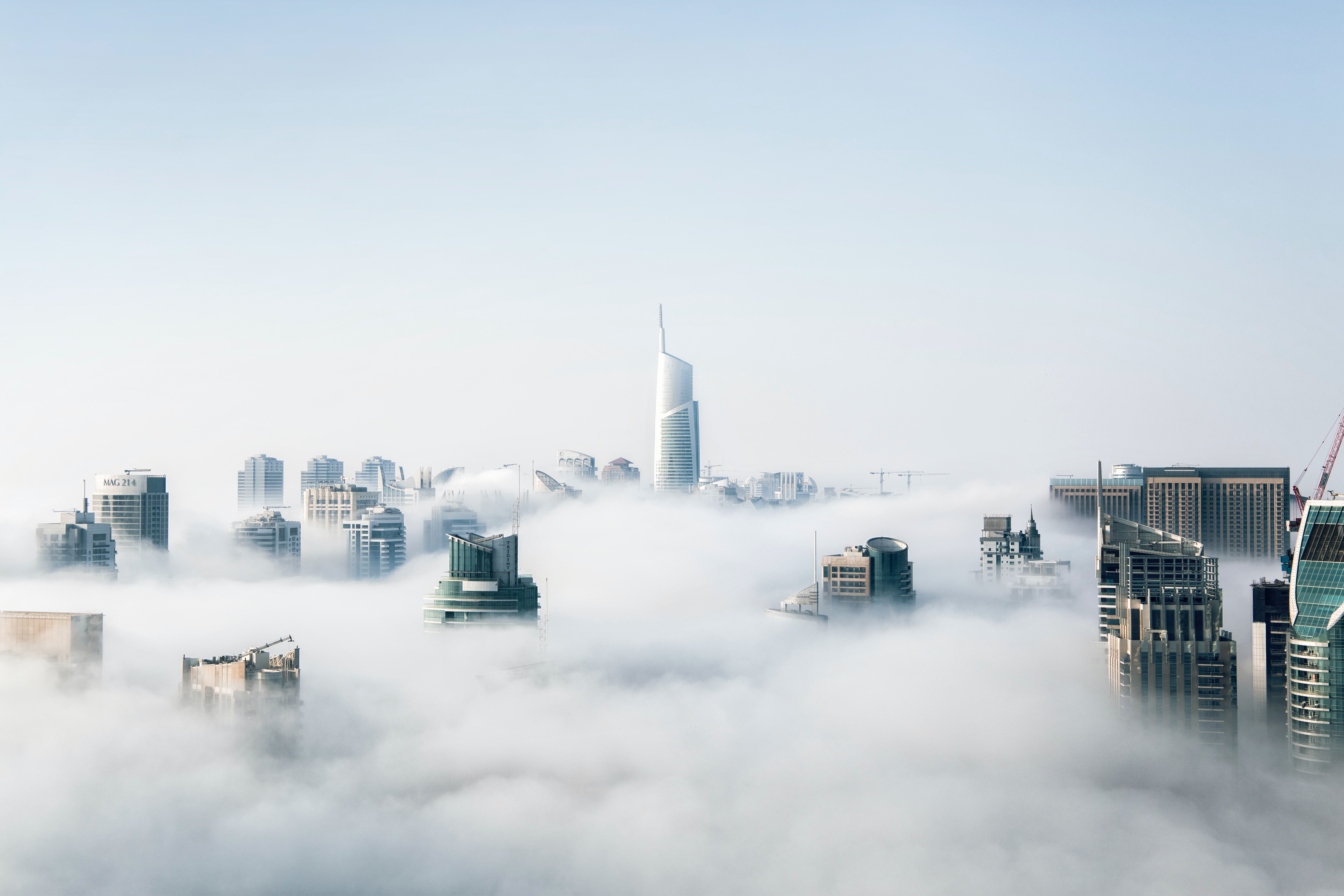
VERTU IRONFLIP: A Perfect Fusion of Intuitive Design and Heroic Colours
VERTU IRONFLIP, a folding screen mobile phone for high-end men, not only has the top technological configuration, but also the
The emergence of cities is a sign of human maturity and civilization. With the vigorous development of artificial intelligence technology, the construction of international AI cities is also in full swing.
The 2022 World Artificial Intelligence Conference (WAIC) was held in Shanghai from September 1st to 3rd. The 2022 World Artificial Intelligence Conference · International AI City Forum, with the theme of “Digital Intelligence City, Connecting the Future,” discussed the past, present, and future of “Meta-Cities.”
The third wave of artificial intelligence has continued to this day, gradually empowering thousands of industries and achieving practical applications.

In recent years, the emergence of the metaverse is leading the future direction of social development. If the metaverse is regarded as a virtual world that maps and interacts with the real world, then the metacity is a digital fusion city that highlights the mutual influence and interaction between the virtual and physical spaces under the derivation of the metaverse.
Currently, the metacity is becoming an upgraded version and a must-have option for smart cities.
At the International AI City Forum, the United Nations Industrial Development Organization (UNIDO) Shanghai Investment Promotion Center and Shanghai Jiao Tong University jointly launched the global call for proposals for the UNIDO Global Call 2022. Xie Zhenhua, China’s Special Envoy for Climate Change Affairs, sent a video message. Huang Zhen, Academician of the Chinese Academy of Engineering and Dean of the Carbon Neutral Development Research Institute at Shanghai Jiao Tong University, Zhao Xiaolei, Director of the UNIDO Shanghai Investment Promotion Center, and others participated in the launch.
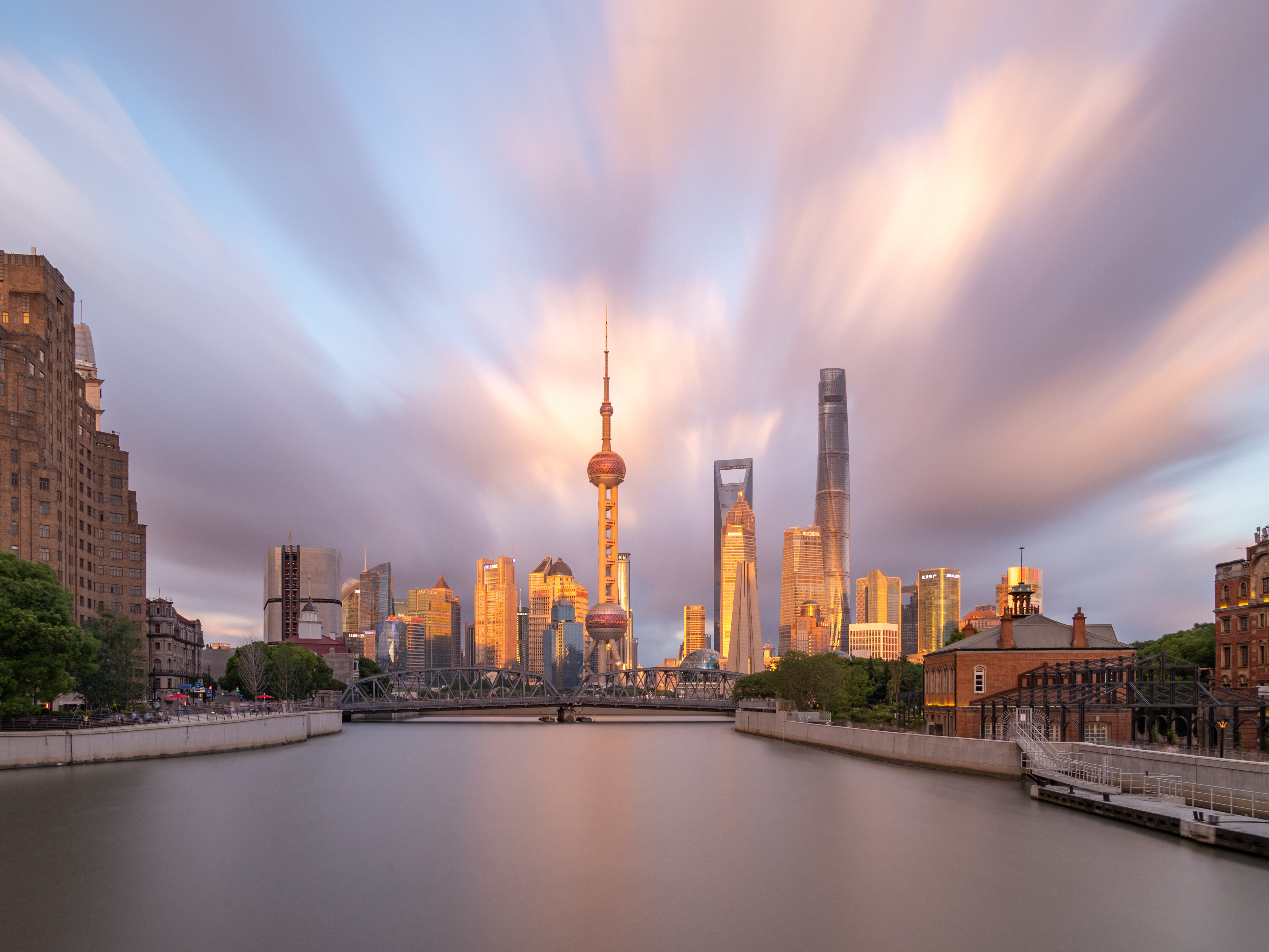
In addition, the “Smart City 2035” publishing project, a key national book publishing plan for the “Fourteenth Five-Year” period, jointly led by the Shanghai Smart City Development Research Institute and Tongji University Press, was officially launched at the forum with a signing ceremony for the compilation and partnership.
Academician Wu Zhiqiang of the Chinese Academy of Engineering, Deputy Director Tang Wenkan of the Shanghai Economic and Information Commission, President Sheng Xuefeng of the Shanghai Smart City Development Research Institute, Party Committee Secretary and Chairman Duan Cungeng of Tongji University Press Co., Ltd., and representatives of cooperative units participated in the launch.
The “Smart City 2035” publishing project, under the national strategic deployment of a networked powerhouse, digital China, and a smart society, combines theory with practice. It not only integrates past experiences in the construction of smart cities but also looks forward to the blueprint for the future development of smart cities and urban digital transformation. It is also a “documentary” that observes and records the updates and iterations of smart cities over time and technology. It provides theoretical sections for researchers and practitioners of smart cities, offers academic think tanks for government management departments, provides a theoretical system and practical guidance for China’s exploration of innovative development of smart cities towards 2035, and provides a Chinese sample for the development of international smart cities.
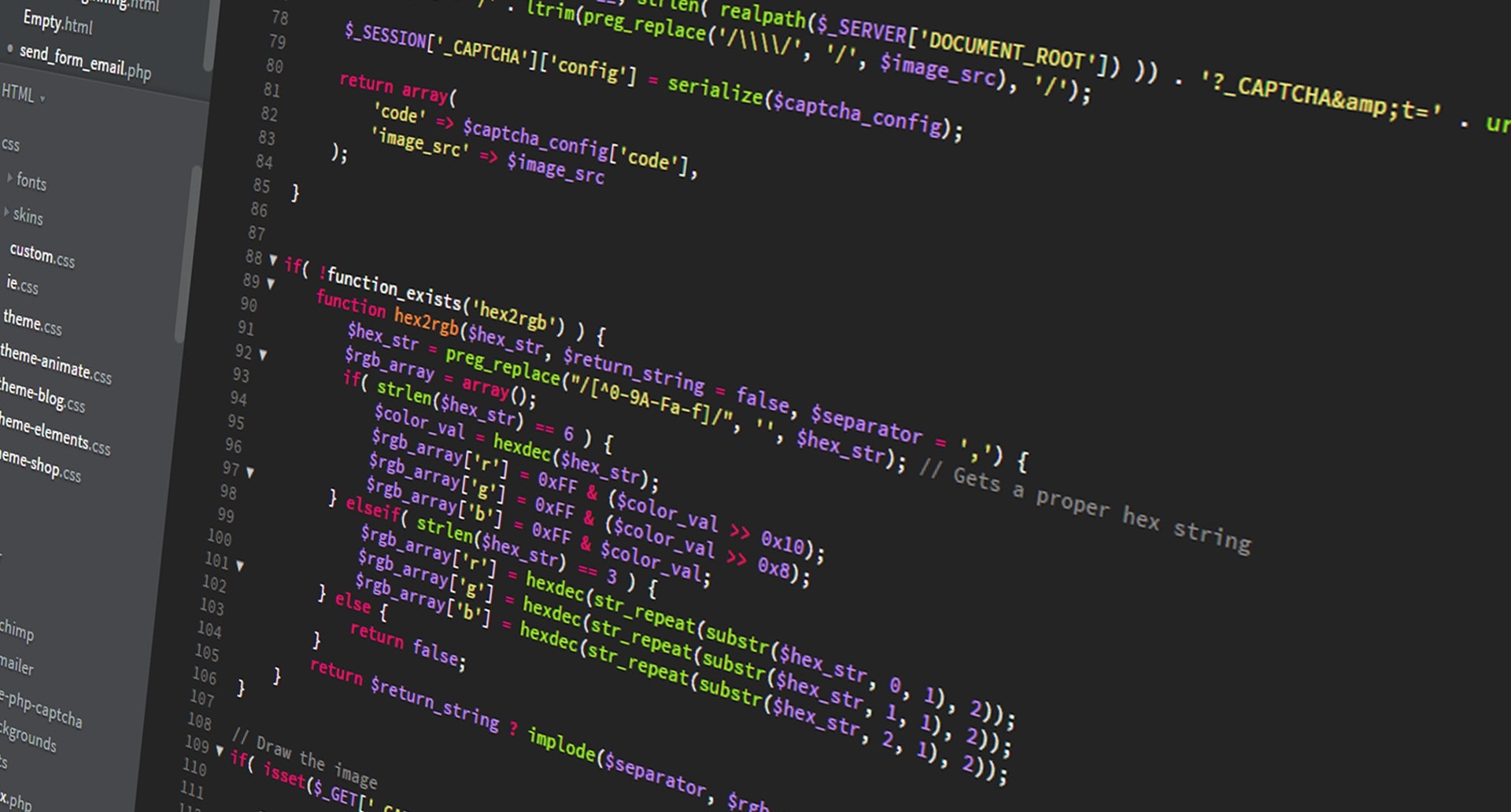
In response to global climate change, post-pandemic economic reconstruction and green recovery, and the Decade of Action for Sustainable Development, the United Nations Industrial Development Organization (UNIDO) launched its annual flagship project, UNIDO Global Call, in 2020. In 2022, the UNIDO Global Call was initiated for the first time in China.
Zhao Xiaolei introduced that the UNIDO Global Call 2022 project aims to promote sustainable, replicable green mechanisms and solutions in four areas through global technological innovation and international cooperation, in order to achieve green recovery of the post-pandemic economy and sustainable industrial growth.
In the field of green growth, solutions that empower fossil energy, clean energy, and efficient energy storage and clean utilization are relied on digital technology.

In the field of medical and health, we are looking for sustainable management and technical solutions for medical and biological waste;
In the field of digital technology, we are looking for digital technologies and solutions to improve industrial design and production efficiency;
In the field of agriculture and food, we are looking for technologies and solutions that are conducive to reducing greenhouse gas emissions in agriculture and improving the efficiency of food processing.
In Zhao Xiaolei’s view, digital technology and low-carbon development are two major engines that must be considered in the development of a meta-city. In the development of a meta-city, on the one hand, we need to leverage the huge advantages of digital technology, and at the same time, we also need to promote the green transformation and sustainable development of the industry.
In his video speech, Xie Zhenhua stated that this year marks the 50th anniversary of the United Nations Conference on the Human Environment. The launch of the UNIDO Global Call 2022 global program solicitation event is well-timed, reflecting the determination and measures of the United Nations Industrial Development Organization in addressing global climate change, promoting green recovery after the pandemic, and accelerating the achievement of sustainable development. Currently, crises and challenges in the fields of global climate change, biodiversity, and sustainable development are becoming increasingly severe and urgent.
In the face of such global crises and challenges, humans and nature are a community of life, and humanity is a community of shared destiny. Multilateralism and win-win cooperation are the only choices for countries around the world.
Jie Zhenhua also emphasized that this year’s UNIDO Global Call 2022 global program solicitation event, which was launched in China, focuses on green and low-carbon technology and net-zero goals. It is very meaningful and represents a beneficial attempt by international organizations to promote Sino-foreign climate change exchanges and the promotion of green and low-carbon technology. It helps to promote the research and development of related fields and the demonstration and application of technology on a global scale.
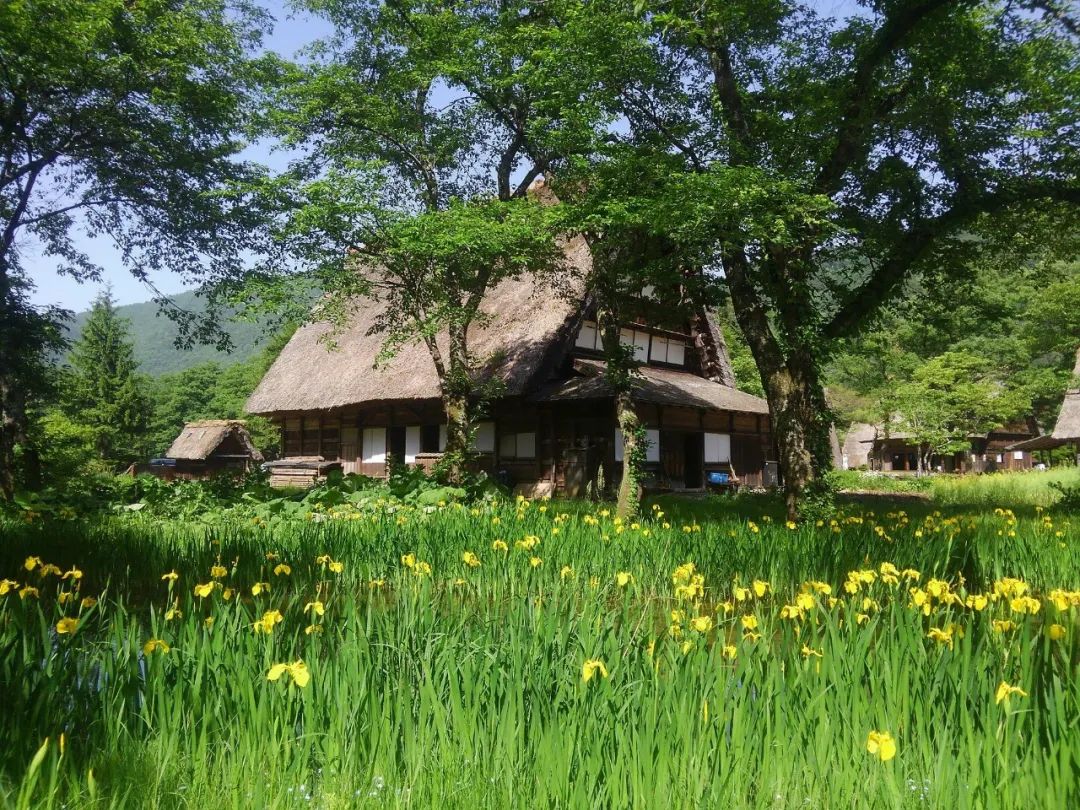
“If we consider the metaverse as a virtual world that maps and interacts with the real world, then the meta-city is a digital fusion city that emerges from the metaverse, highlighting the mutual influence and interaction between the virtual and physical spaces,” said Wu Zhiqiang, an academician of the Chinese Academy of Engineering at the forum. He added that the meta-city is the core of the true metaverse, and we can use our imagination to drive the creativity of real cities, while the beautiful construction of real cities will also unleash more possibilities for digital cities.
“This year, we will do more work to truly promote a better life for people. It’s not only about a better material life, but also about humans, as animals with the ability to envision (Vision), integrating the virtual vision with the real world we create. The interplay between the virtual and the real makes our lives better,” he continued.
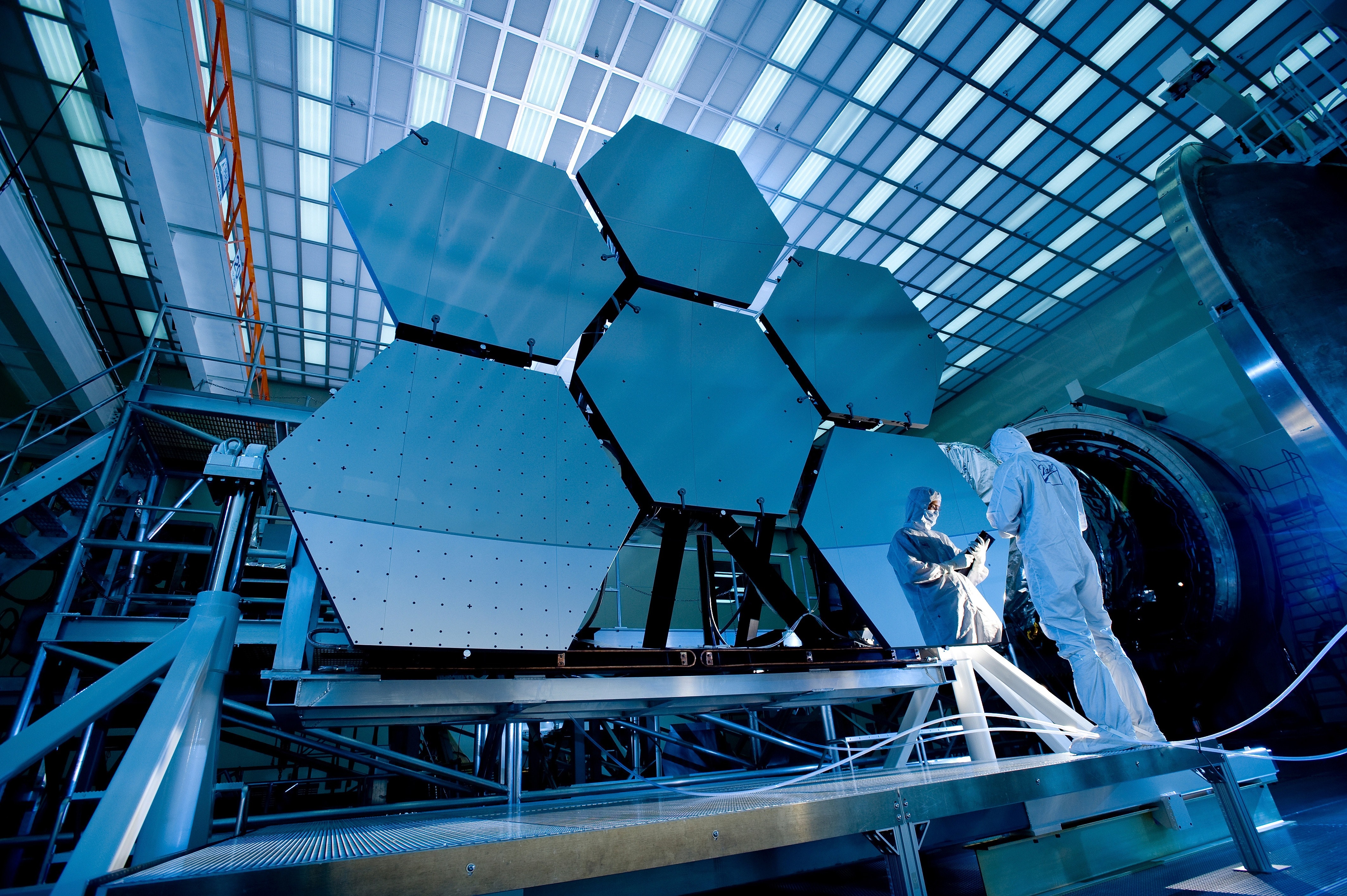
Xia Junjie, the deputy director of the China Unicom Smart City Research Institute, believes that the most important core difference between the future metacity and the current digital twin cities and fully perceptive cities lies in the construction of physical entities, physical locations, and physical spaces into the virtual space. By mapping all the people, organizations, social behaviors, and social relationships in the city into the virtual space, a real-virtual interaction and empowerment are formed. The metacity may be a very important stage in the development and evolution of the future digital China.
“The metacity I understand is attractive to people and industries. No matter which city, people want to live in the metacity. There are many industries in the metacity, such as decoration, beauty, training, and even investment attraction. Only with industries can the metacity have vitality and dynamism,” emphasized Li Muqing, the chief architect of Tencent Cloud AI Solution Center and the chief solution architect of Tencent Youtu. He stressed that a creative metacity can bring goals and significance to people, thus achieving the first life in the real world and the second life in the metacity.
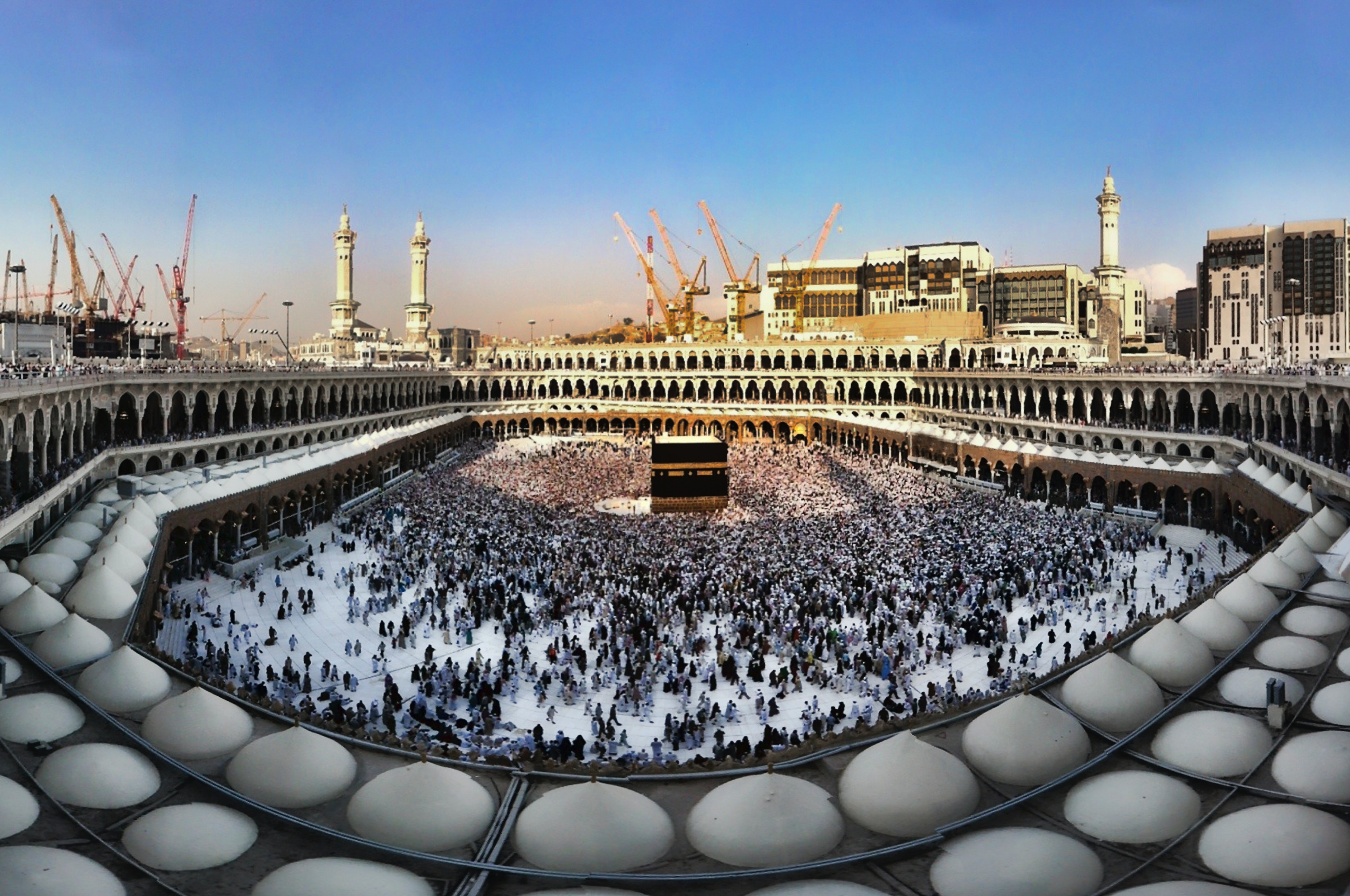
Xue Mei Gen, Dean of the Shanghai Urban Construction and Transportation Development Research Institute, proposed the concept of new infrastructure under the backdrop of the transformation of social and economic digitization. “New infrastructure is the need for the digital transformation of the country’s social and economic system, and it is the key support for promoting comprehensive digital transformation.”
He stated that in the future, efforts will be made to create a unified traffic service information base, promote unified payment standards, practice green and low-carbon concepts, and create new traffic models from the aspects of intelligent transportation and transportation information services.
In addition, at the International AI City Forum, the final ranking of the dynamic evaluation of the city intelligence quotient (CITY IQ) of 500 cities worldwide was also revealed. This system was jointly developed by 60 academicians from 20 institutions, including the Chinese Academy of Engineering, the German National Academy of Engineering, the Royal Swedish Academy of Engineering, the Development Research Center of the State Council, Tongji University, and Pengcheng Laboratory, led by Academician Wu Zhiqiang of the Chinese Academy of Engineering.
Specifically, London in the UK ranks first in the world, Paris in France is second, Tokyo in Japan is third, Shenzhen in China is fourth, and Shanghai is twelfth.
The city intelligence index released this time has been updated and upgraded three times, covering Asia, Europe, North America, South America, Africa, and Oceania. It evaluates the level of urban intelligence of 500 cities in as many as 116 countries and regions worldwide from five dimensions: smart ecology, smart government, smart economy, smart infrastructure, and innovative talent.
In the eyes of Otto Heinrich Herzogd, a member of the German Academy of Engineering Sciences, a smart city means a smarter urban transportation network, better water supply and waste disposal facilities, and more efficient lighting and heating methods. A smart city also means higher interactivity in urban management, faster response speed, safer public places, and a city that can better meet the needs of the aging population.
Academician of the British Academy, Michael Batty, believes that cities are complex and their development and progress are bottom-up. There are many different ways to view cities, as well as various types of data and technologies. Artificial Intelligence allows us to better understand and plan cities.
